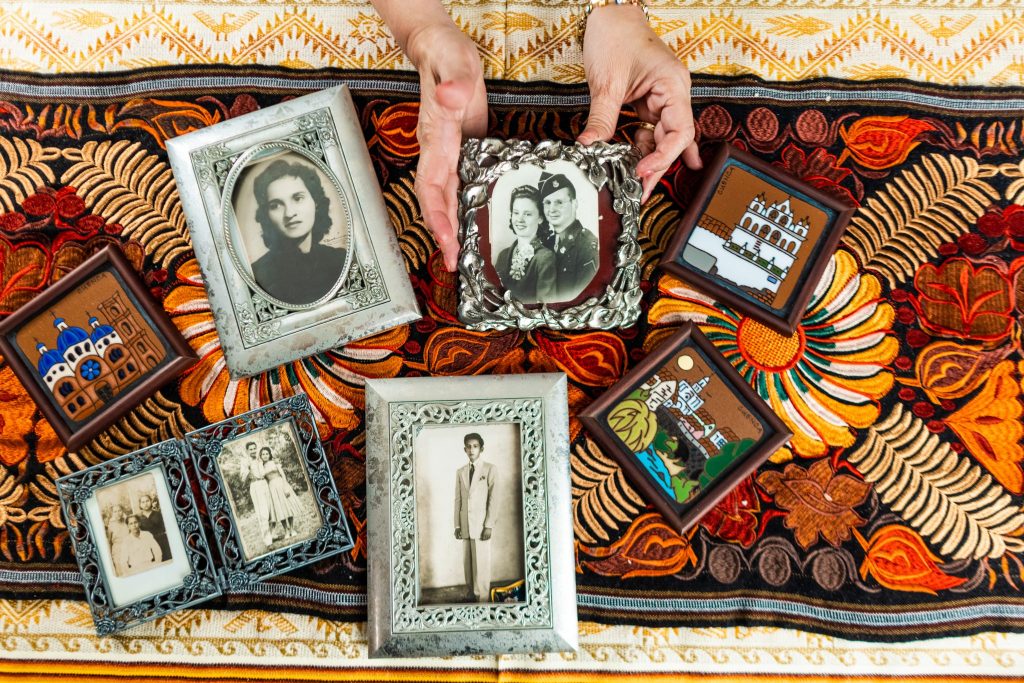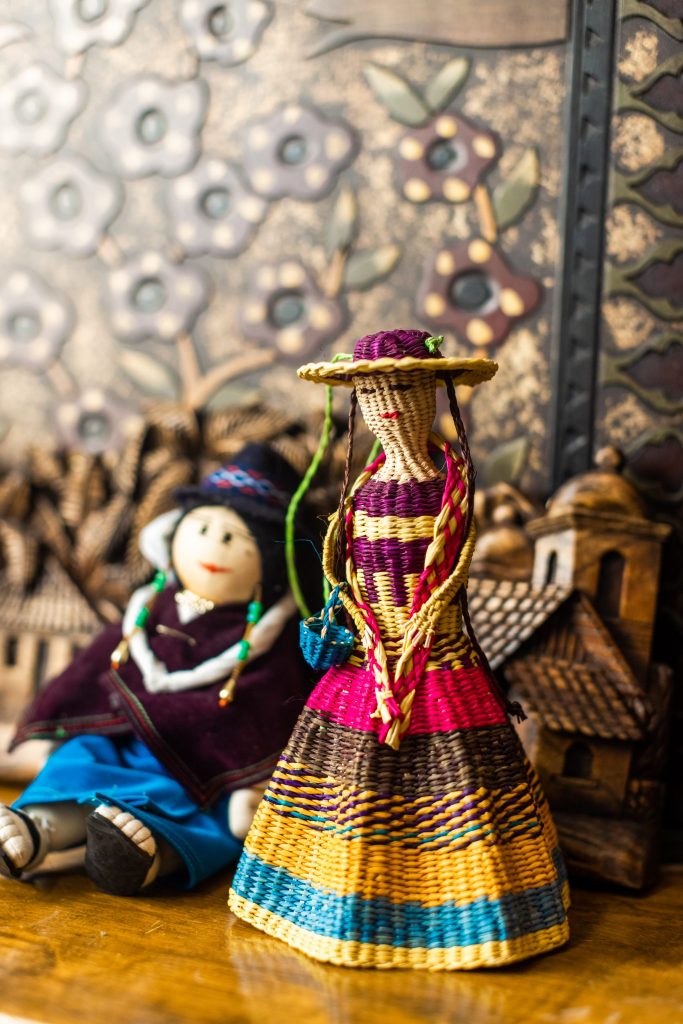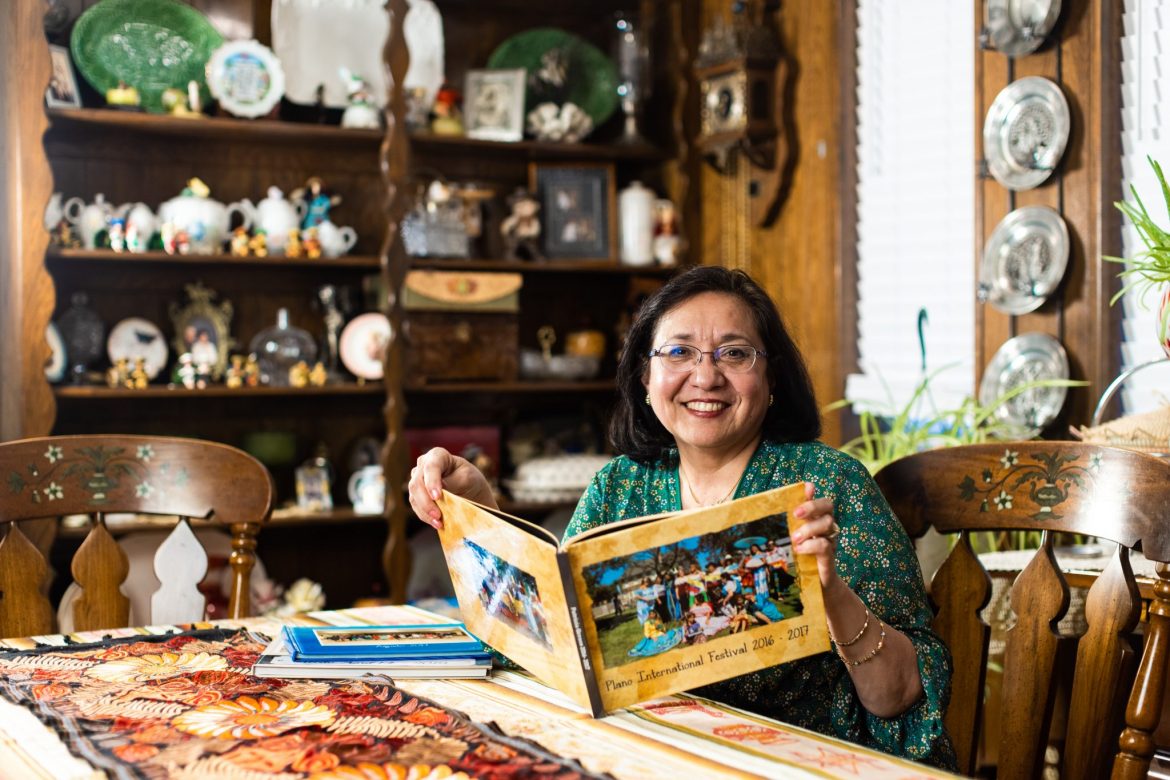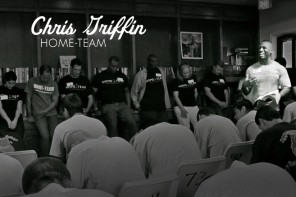Patricia Groce has called Plano home for more than 20 years. During that time, she’s raised a family and worked as a teacher for Plano ISD. When health issues necessitated a career change, she transitioned to a job at St. Mark the Evangelist Catholic Church. She says she loves helping people there. And if she gets paid for it, that’s good, too.
Despite living a happy American life, a part of her still sometimes longs for her Ecuador. That motivated her to establish the Asociación de Damas Ecuatorianas en el Norte de Texas (the Association of Ecuadorean Women in North Texas). It is a support group for the Ecuadorean expats and an opportunity to celebrate their shared heritage.
When Groce was 20 years old, she married an American serviceman. For years they moved from place to place depending on his assignment. One of the things that always made life easier for her was being involved with military wives’ organizations wherever she lived. About five years ago, she was talking to a couple of Ecuadoreans in North Texas and hatched the idea of starting a group for women who had moved from that country.
“I knew the necessity in the ethnic community for women like me, especially the ones that spoke English as a second language,” she said. “Culture shock affects everyone when you move to a new community.”
Groce put out the word on social media that she would be hosting a gathering at her Plano home. She cooked a traditional Ecuadorean soup and expected to meet a few new people. Little did she know 27 people would show up at her door.

“I have never had to add more water to the soup like I did that day,” she recalled. “I realized that there was such a big need. We were all looking for the same thing.”
That “thing” was a desire to be a part of something. Many people who emigrate from Ecuador immerse themselves in local culture. They learn English and raise their kids like anyone else. Groce says there is an independent streak among many of the immigrants who each came here under different circumstances.
“One thing many people don’t realize is that the longer you are away from your home country, the harder it is to go back,” she says.
Each meeting has a different theme. Previous guest speakers have included representatives from the Ecuadorean consulate, a speaker from the U.S. Census Bureau and local real estate and insurance experts. According to Groce, people in the Spanish-speaking community often fall victim to fraud. Through these talks, she hopes not only to educate group members but also to encourage them to speak up and ask questions, something that doesn’t always come easy for people in her culture.
The group has also coordinated toy drives and held celebrations for Christmas and Ecuador Independence Day on Aug. 10. While the pandemic has spurred a move to more online meetings, the group has still managed to maintain a loyal following. It’s something Groce hopes to continue for a long time.






